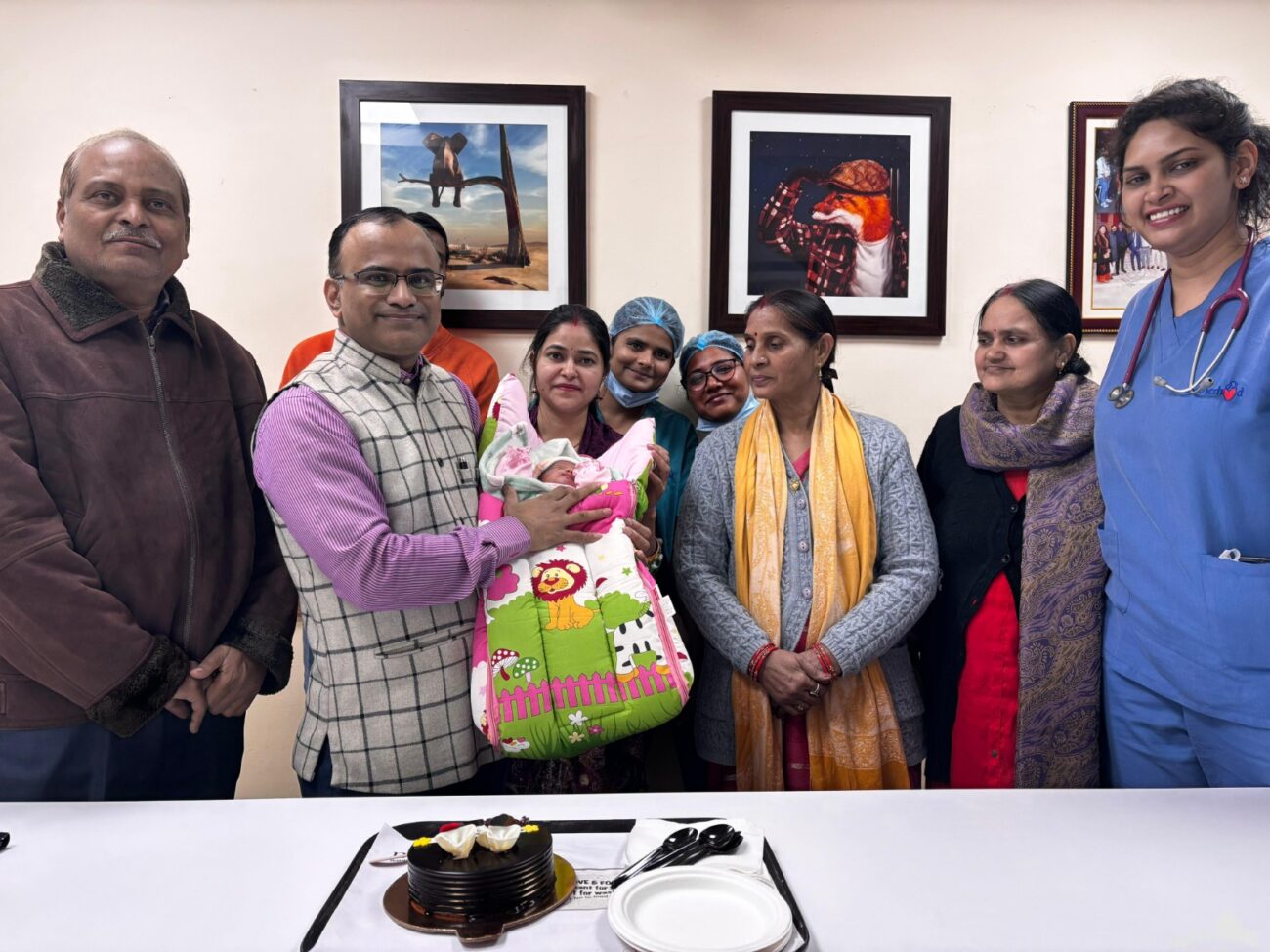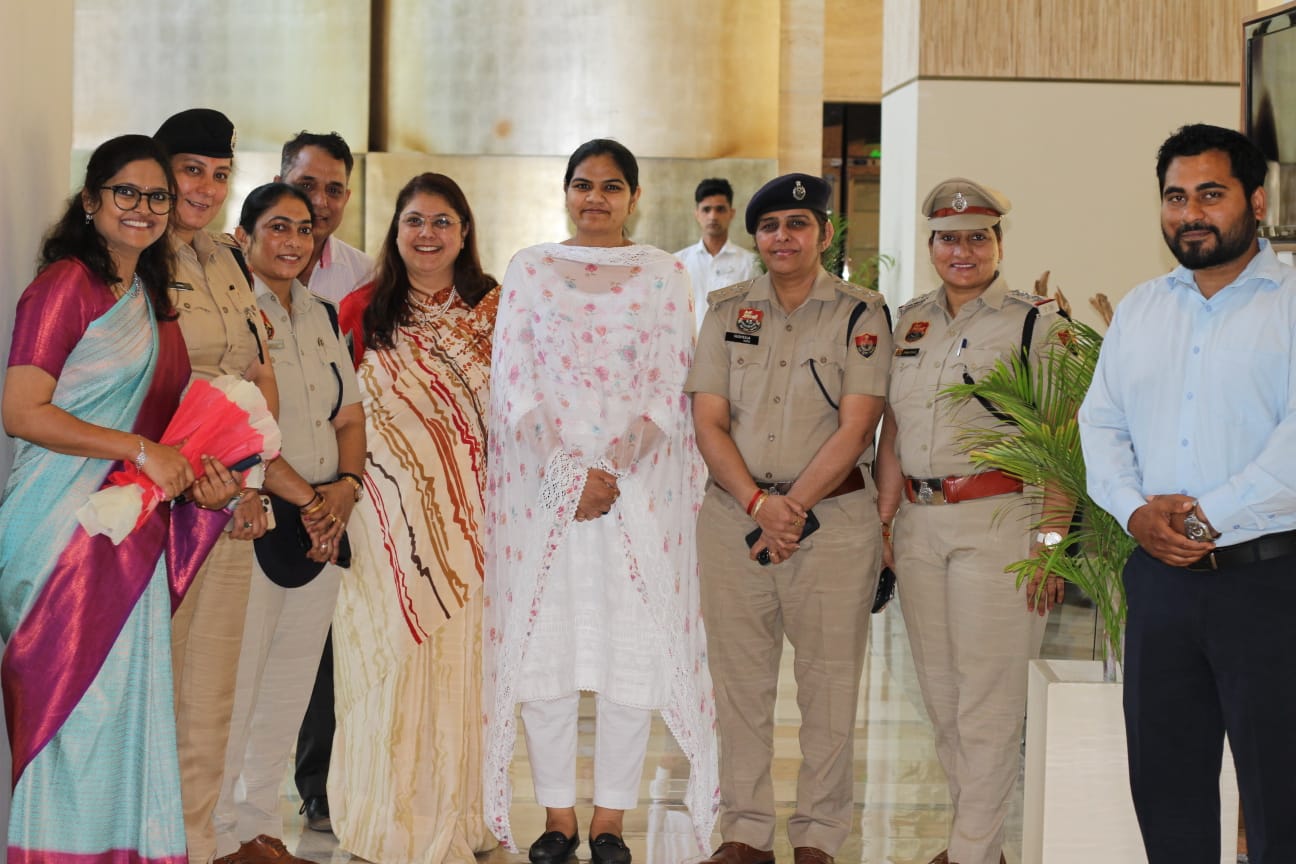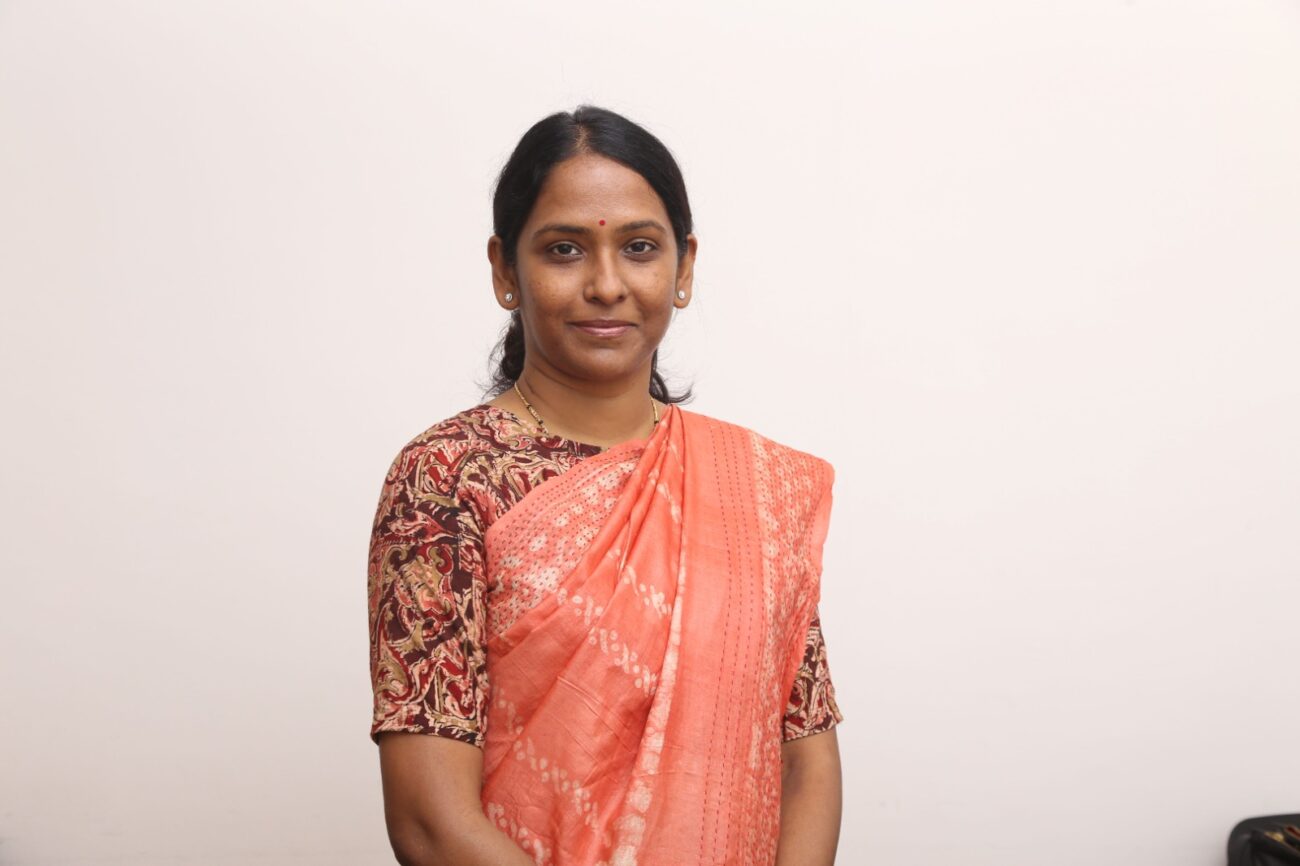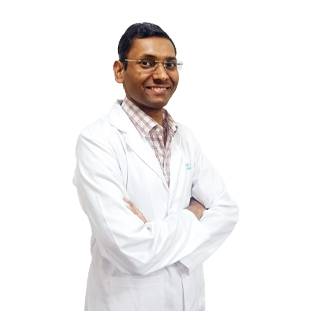Young Thalassemia Survivor meets German Lifesaver, Emotions Run High
Roman travelled all the way from Germany to meet Chirag on World Thalassemia Day In a heart-warming moment, 17-year-old Chirag, a thalassemia survivor from India, finally met the man who gave him a second chance at
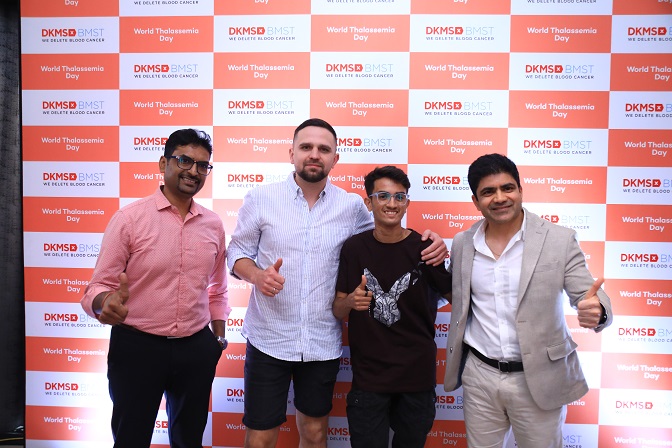
Roman travelled all the way from Germany to meet Chirag on World Thalassemia Day
In a heart-warming moment, 17-year-old Chirag, a thalassemia survivor from India, finally met the man who gave him a second chance at life – his stem cell donor, Roman Simnizki from Germany. Chirag battled thalassemia, a genetic blood disorder that significantly impacts patients’ quality of life. For most of his childhood, Chirag had to endure fatigue and other health complications along with regular blood transfusions.
For ten years, his family tirelessly searched for an unrelated donor. Their efforts finally yielded results in 2016 when a perfect match was found – Roman, a 29-year-old from Münsingen, Germany, through the DKMS database.
“Meeting Roman was an overwhelming experience,” shared Chirag. “Words cannot express how thankful I am for his selfless act. He didn’t just donate stem cells; he gave me a future.”
Roman, who travelled to India to meet Chirag, echoed the sentiment. “There’s no greater joy than knowing you’ve helped someone in need. Seeing Chirag healthy and full of life is the biggest reward.”
The emotional meeting, filled with gratitude and joy, marked the culmination of a life-changing journey for Chirag and Roman. Chirag, now free from the limitations of thalassemia, can dream of a bright future. Roman’s act of altruism, a simple cheek swab, and later blood stem cell donation, has demonstrably changed a life across continents. Chirag’s parents, who witnessed their son’s struggle and eventual recovery, expressed their heartfelt appreciation to Roman for his selfless act.
Chirag’s treating physician, Dr Revathi Raj, Paediatric Haematologist, Apollo Hospitals Chennai, said, “There is a significant burden of Thalassemia in our country, as more than 10,000 children are born with the disease every year. Beta-thalassemia major is a severe form of the disease that requires regular blood transfusions and, potentially, a stem cell transplant for a cure. I am happy that today Chirag is recovered and a bright future awaits him. I hope more people like Roman register as potential stem cell donors so more patients can undergo lifesaving stem cell transplants.”
In a stem cell transplantation, healthy blood stem cells from a matching donor are infused into the patient to help resume healthy blood production. The best stem cell transplant outcomes happen when a patient’s human leukocyte antigen (HLA) and the HLA of a potential donor. This is much more complex than matching blood groups. About 30% of patients find an HLA-matched donor within the family; however, the rest, 70 % of the patients, have to look for an “unrelated” donor with matched HLA.
Talking about the DKMS-BMST Thalassemia program, Patrick Paul, CEO of DKMS-BMST, said, “To support Thalassemia patients in India, we have launched the DKMS-BMST Thalassemia program. Under this program, DKMS-BMST collaborates with local NGOs and transplantation clinics to organise camps where pediatric thalassemia patients and their families travel from far places, sometimes from very remote places in India, to give buccal swab samples for HLA typing. Samples from the camps are analysed in the DKMS laboratory based out of Germany and clinical matching reports of the same are provided. In cases where there is no HLA match sibling for a sick child, we also support unrelated donor searches for patients.”
“Donating blood stem cells is a voluntary act of solidarity with a seriously ill person. The availability of matching blood stem cell donors remains a significant challenge for Indian patients in need of life-saving transplants. India has a young population, so it is crucial to encourage more people to register as stem cell donors. Their continued participation in the registry significantly improves the chances of locating matching donors for patients requiring assistance,” said the spokesperson at the event, Dr. Sunil Bhat, Director & Clinical Lead, Pediatric Hematology, Oncology and Blood & Marrow Transplantation, Narayana Health.
Chirag’s journey serves as a beacon of hope for thalassemia patients and their families and highlights the impact of the DKMS-BMST Thalassemia program. It emphasises the critical role of organisations like DKMS-BMST in facilitating life-saving transplants and the profound impact of anonymous donors like Roman, who selflessly offer a chance at a healthier future.
To register as a potential stem cell donor, you must be a healthy Indian adult between 18 and 55. When you are ready to register, all you need to do is complete a consent form and swab the inside of your cheeks to collect your tissue cells. Your tissue sample is then sent to the lab to be analyzed for your HLA (Human Leukocyte Antigen) and listed anonymously on the international search platform for matching stem cell donors. If you’re eligible, register as a blood stem cell donor by ordering your home swab kit at www.dkms-bmst.org/register



